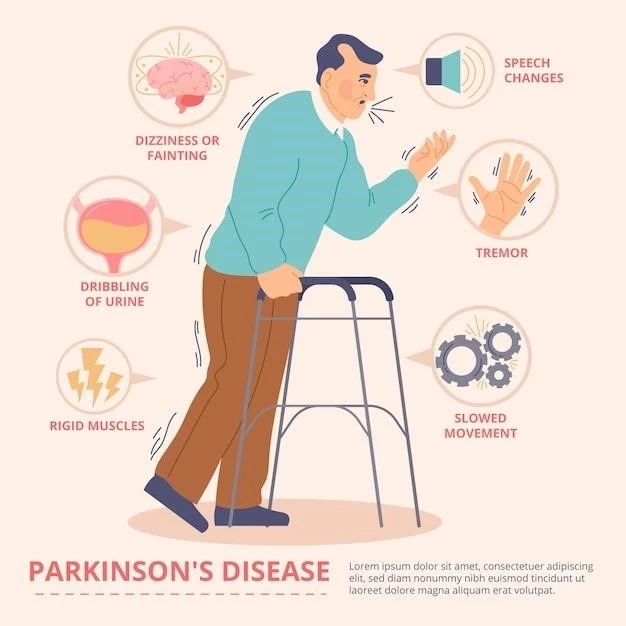The Richieri-Costa-Orquizas Syndrome is characterized by a constellation of malformations, including cleft palate, cardiac defect, genital anomalies, and ectrodactyly. An autosomal recessive pattern of inheritance is proposed for this rare syndrome.
The Richieri-Costa-Orquizas Syndrome is a rare genetic disorder characterized by a group of malformations including cleft palate, cardiac defects, genital anomalies, and ectrodactyly. It was first described in a male patient born to consanguineous parents, suggesting an autosomal recessive inheritance pattern. Some variations of the syndrome may also feature short stature, limb anomalies, and facial dysmorphism.
Clinical Features of the Syndrome
The Richieri-Costa-Orquizas Syndrome presents with a unique set of features including cleft palate, cardiac defects, genital anomalies, and ectrodactyly. Additional anomalies may also be present, contributing to the complexity of this rare syndrome.
Definition and Background
The Richieri-Costa-Orquizas Syndrome, first described in Brazil, is a rare genetic disorder characterized by a constellation of malformations, including cleft palate, cardiac defects, genital anomalies, and ectrodactyly. It exhibits features like Robin sequence, short stature, limb anomalies, and facial dysmorphism. This syndrome is linked to autosomal recessive inheritance and presents various clinical complexities, impacting affected individuals globally.
Reported Anomalies
Richieri-Costa-Orquizas Syndrome has been noted to include a spectrum of anomalies such as cleft palate, cardiac defects, genital abnormalities, and ectrodactyly. Additionally, features like short stature, limb anomalies, facial dysmorphism, and Robin sequence have been reported in affected individuals, adding to the complexity of the syndrome.
Genetics and Inheritance Pattern
The Richieri-Costa-Orquizas Syndrome is proposed to have an autosomal recessive inheritance pattern.
Proposed Inheritance Pattern
The Richieri-Costa-Orquizas Syndrome is suggested to follow an autosomal recessive inheritance pattern.
Genetic Findings
The Richieri-Costa-Orquizas Syndrome is linked to a rare autosomal recessive acrofacial dysostosis. Some genetic studies have revealed biallelic expansions in specific regions associated with the syndrome’s cardinal features, including Robin sequence, cleft mandible, and limb malformations.
Diagnosis and Management
Diagnosing Richieri-Costa-Orquizas Syndrome involves identifying a combination of malformations including cleft palate, cardiac defects, genital anomalies, and ectrodactyly. Management strategies focus on addressing the specific anomalies present in affected individuals.
Diagnostic Approaches
Diagnosing Richieri-Costa-Orquizas Syndrome often involves identifying a combination of malformations including cleft palate, ectrodactyly, cardiac defects, and genital anomalies. Medical professionals may use physical examinations, genetic testing, and imaging studies to confirm the diagnosis and assess the extent of anomalies present in affected individuals.
Medical Management Strategies
Management of Richieri-Costa-Orquizas Syndrome involves addressing the specific anomalies present, such as cleft palate, cardiac defects, genital abnormalities, and ectrodactyly. Individualized medical care and interventions are tailored to each patient’s unique combination of malformations to improve quality of life and overall health outcomes.

Epidemiology and Incidence
The Richieri-Costa-Orquizas Syndrome is a rare condition with approximately 12 reported cases to date.
Prevalence of Richieri–Costa–Orquizas Syndrome
The Richieri-Costa-Orquizas Syndrome is considered a rare genetic disorder, and the incidence is estimated to be approximately 12 reported cases to date, indicating its rarity in the population.
Richieri-Costa-Orquizas Syndrome has been the subject of various research studies and case reports, shedding light on the unique manifestations of this rare genetic disorder.
Research and Case Studies
Various research studies and case reports have shed light on the unique manifestations and genetic characteristics of Richieri-Costa-Orquizas Syndrome.

Impact on Patients and Families
Richieri-Costa-Orquizas Syndrome presents significant challenges to affected individuals and their families due to the complex array of malformations associated with the condition.
Challenges Faced by Affected Individuals
Individuals with Richieri-Costa-Orquizas Syndrome encounter significant challenges due to the complex array of malformations associated with the condition, impacting their overall quality of life and necessitating specialized medical care.
Support Resources and Information
Individuals affected by Richieri-Costa-Orquizas Syndrome can seek tailored support services and information to navigate the complexities of this rare genetic disorder.
Available Assistance for Individuals with Rare Syndromes
For individuals affected by Richieri-Costa-Orquizas Syndrome, tailored support services and information are available to help navigate the complexities often associated with rare genetic disorders. These resources aim to provide essential assistance and guidance to affected individuals and their families.
